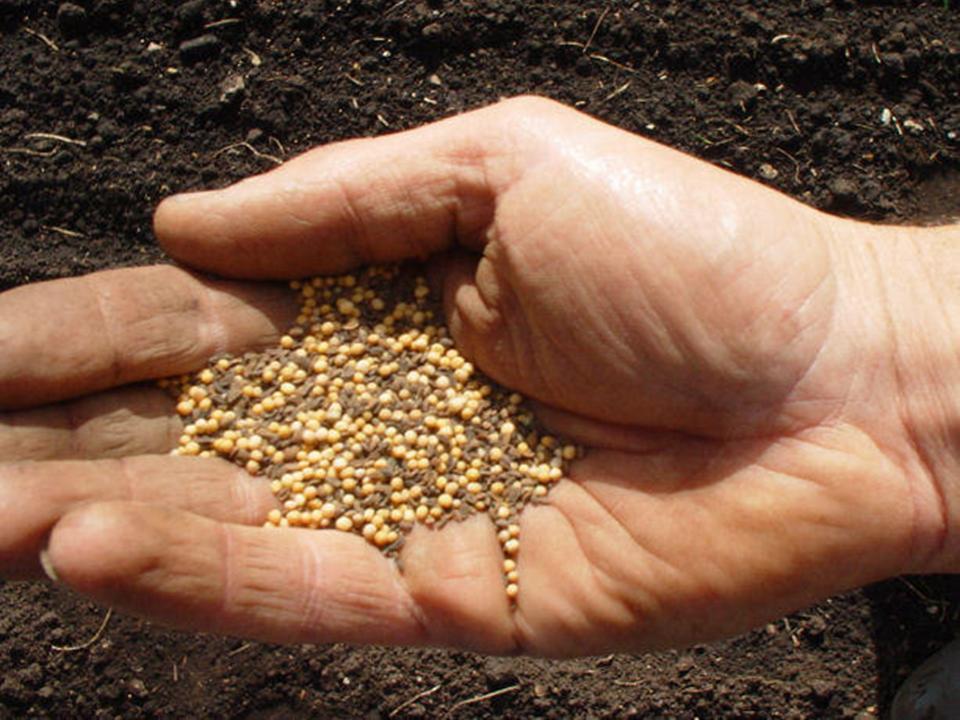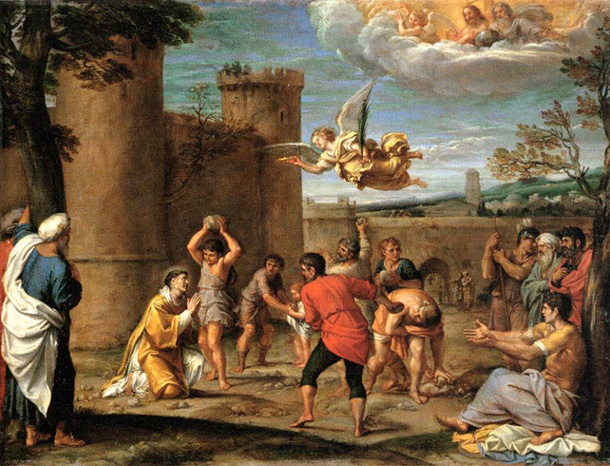Today’s readings
The Liturgy in these past summer months has been teaching us how to be disciples of Jesus. Today, the readings give us another tool for the disciple, and that tool is forgiveness. These readings come on the heels of what we heard last week, which was about the way the Christian disciple resolves conflict. Forgiveness is the natural conclusion to that discussion.
In the Gospel, Peter wants the Lord to spell out the rule of thumb: how often must we forgive another person who has wronged us? Peter offers what he thinks is magnanimous: seven times. Seven times is a lot of forgiveness. It was more than the law required, so Peter felt like he was catching on to what Jesus required in living the Gospel. But that’s not what Jesus was going for: he wanted a much more forgiving heart from his disciples: not seven times, but seventy-seven times! Even if we take that number literally, which we shouldn’t, that’s more forgiveness than we can begin to imagine. But the number here is just to represent something bigger than ourselves: constant forgiveness.
The parable that Jesus tells to illustrate the story is filled with interesting little details. The servant in the story owes the master a huge amount of money. Think of the biggest sum you can imagine someone adding and add a couple of zeroes to the end of it. It’s that big. He will never repay the master, no matter what efforts he puts forth. So the master would be just in having him and everything he owned and everyone he cared about sold. It still wouldn’t repay the debt, but it would be more than he would otherwise get. But the servant pleads for mercy, and the master gives it. In fact, he does more than he’s asked to do: he doesn’t just give the servant more time to pay, he forgives the entire loan! That’s incredible mercy!
On the way home, however, the servant encounters another servant who owes him a much smaller sum than he owed the master – like ten or twenty bucks. But the servant has not learned to forgive as he has been forgiven: he hands the fellow servant over to be put into debtor’s prison until he can repay the loan. But that in itself is a humorous little detail. In prison, how is he going to repay the loan? He can’t work, right? So basically the fellow servant is condemned for the rest of his life.
We don’t have to do a lot of math or theological thinking to see the injustice here. The servant has been forgiven something he could never repay, no matter how much time he lived. But he was unwilling to give that same forgiveness to his fellow servant; he was unwilling to give him even a little more time to repay the loan, which the other servant certainly could have done. That kind of injustice is something that allows a person to condemn him or herself for the rest of eternity. The disciple is expected to learn to forgive and is expected to forgive as he or she has been forgiven. “Forgive us our trespasses, as we forgive those who trespass against us.” We can’t just say that all the time; we actually have to do it.
At this point, I could diverge a few different ways. We could talk about sin, salvation and eternity. But I think, given what today is, I’ll just stay a little basic. Let’s stick with the theme that presents itself: forgiveness and our ability to forgive, be it once or seven times, or seventy-seven times.
This call to a kind of heroic forgiveness takes on a new meaning today, the tenth anniversary of the terrorist attacks against our nation on September 11, 2001. Rest assured, these readings were not “chosen” in some way for this day: we use a three-year cycle of readings and so these readings just so happened to come up today. But I wonder, of course, if God didn’t give us these readings for today on purpose. I think maybe we are being invited to be more forgiving, even considering the huge debt that is owed to us, in terms of the wrong that was done to us.
I don’t think anyone would say our world is significantly more forgiving today than it was ten years ago. We still have conflicts in Iraq, Afghanistan, and in many other places. In fact, I’ve read that as many as a third of the nations of the world are currently involved in some sort of conflict. In fact, a military response to what happened to us ten years ago may be what justice demands. And we owe a great debt to those who are fighting to keep our nation safe. But I don’t think we can stop with that. We will never find the ultimate answer to terrorism and injustice in human endeavor. We have to reach for something of more divine origin, and that something, I think, is the forgiveness that Jesus calls us to in today’s gospel.
And it starts with us. We have been forgiven so much by God. So how willing have we then been to forgive others? Our reflection today might take us to the people or institutions that have wronged us in some way. Can we forgive them? Can we at least ask God for the grace to be forgiving? I always tell people that forgiveness is a journey. We might not be ready to forgive right now, but we can ask for the grace to be ready. Jesus didn’t say it would be easy, did he?
Because every time we forgive someone, every time we let go of an injustice that has been done to us, the world is that much more peaceful. We may well always have war and the threat of terrorism with us. But that doesn’t mean we have to like it. That doesn’t mean we have to participate in it. If we choose to forgive others, maybe our own corner of the world can be more just, more merciful. And if we all did that, think of how our world could be significantly changed.
In 2008, Pope Benedict visited the site of Ground Zero in New York. This was the prayer he prayed there:
O God of love, compassion, and healing,
look on us, people of many different faiths and traditions,
who gather today at this site,
the scene of incredible violence and pain….
God of understanding,
overwhelmed by the magnitude of this tragedy,
we seek your light and guidance
as we confront such terrible events.
Grant that those whose lives were spared
may live so that the lives lost here
may not have been lost in vain.
Comfort and console us,
strengthen us in hope,
and give us the wisdom and courage
to work tirelessly for a world
where true peace and love reign
among nations and in the hearts of all.



You must be logged in to post a comment.